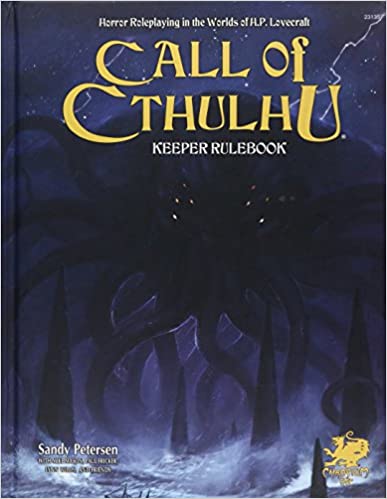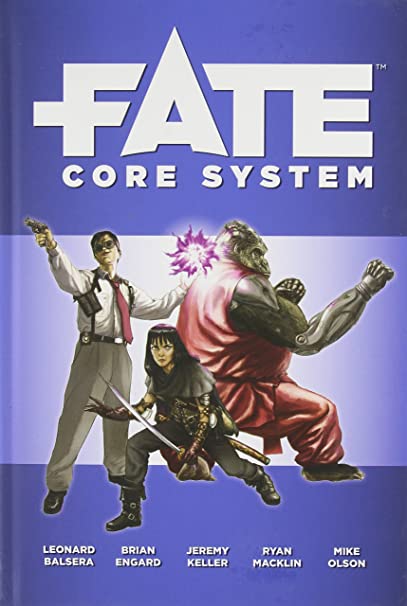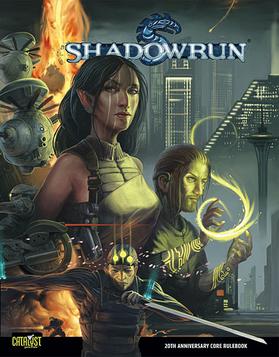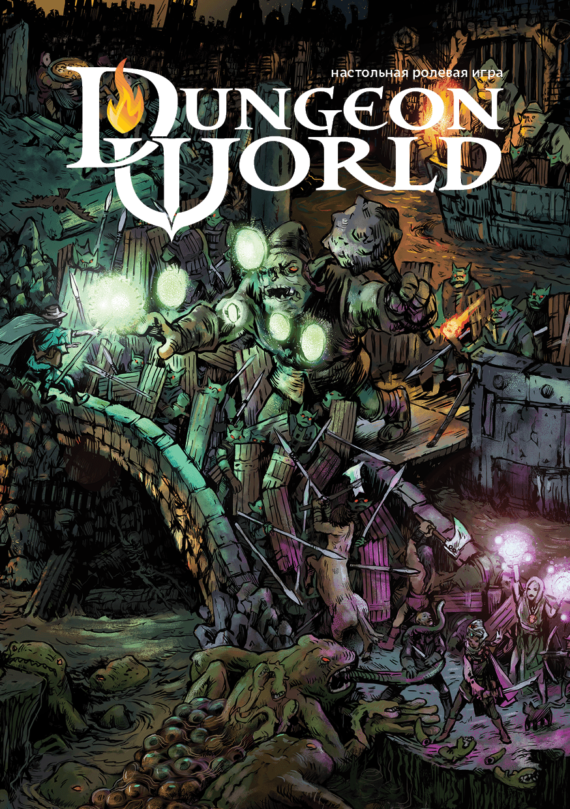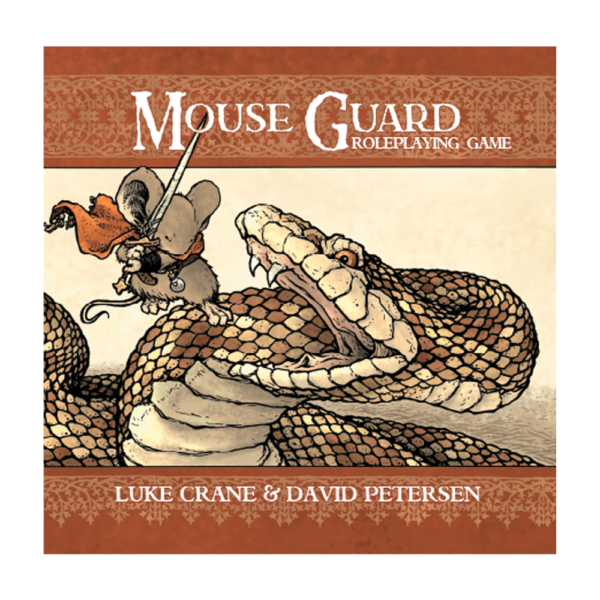Tabletop roleplaying games (TTRPGs) have come a long way since the advent of Dungeons & Dragons (D&D) in the 1970s. While D&D is still the most well-known and widely played TTRPG, there are now countless other options for gamers who want to try something different. This article will explore some of the different TTRPGs available and what sets them apart from D&D.
Important Notice: The following list is in no specific order, we know there are many more that exist out there that we probably overlooked, do you know of any that are not on the list that we should mention? I think each of the ones mentioned here deserves to be reviewed in detail so I will probably write in a later article about each of them.
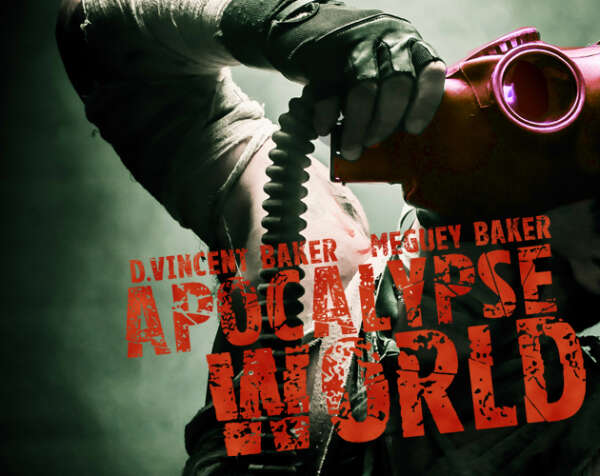 Apocalypse World
Apocalypse World
Apocalypse World is a post-apocalyptic game that emphasizes player-driven storytelling and collaboration. Instead of a traditional GM, the game has a “Master of Ceremonies” who guides the story and sets up obstacles for the players. The game uses a unique ” Moves ” system that allows players to take actions based on the game’s fiction. The focus is on building a world together and exploring the characters’ relationships and motivations.
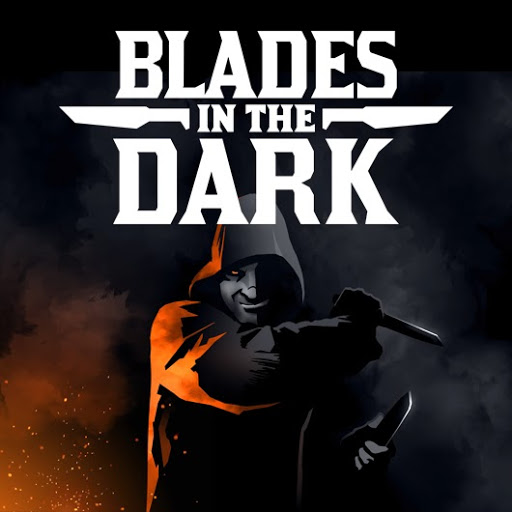
Blades in the Dark
Blades in the Dark is a game of heists and urban fantasy set in a dark, haunted city. The game uses a dice pool system where players roll a pool of six-sided dice and keep the highest result. The mechanics are designed to encourage player creativity and improvisation, with players able to come up with their solutions to problems. The game also features a unique system of “Flashbacks” that allow players to plan for contingencies they didn’t anticipate.
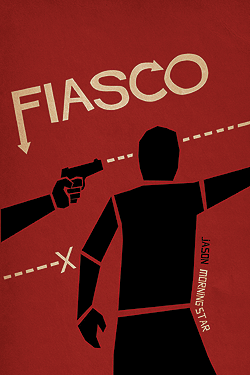
Fiasco
Fiasco is a game of improvised storytelling where players create a story together and sees how it all goes wrong. The game is designed to emulate movies like Fargo and Burn After Reading, where well-intentioned plans quickly spiral out of control. There is no GM, and each player takes turns setting up scenes and introducing complications. The game uses a system of dice rolls to determine the outcome of each scene, with players able to influence the results with their creativity and improvisation.
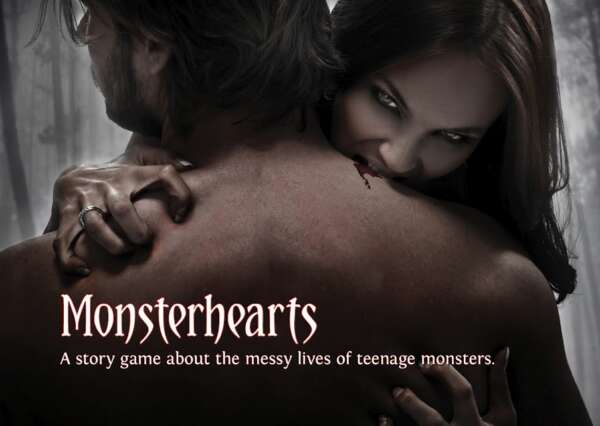
Monsterhearts
Monsterhearts is a game of teenage supernatural romance and drama. Players take on the roles of young monsters, such as vampires and werewolves, and navigate the complex social dynamics of high school. The game uses a simple ” Moves ” system that allows players to take actions based on the game’s fiction. The focus is on exploring the characters’ relationships and desires, with supernatural powers serving as a metaphor for the struggles of adolescence.
Call of Cthulhu
Call of Cthulhu is a horror game set in the Lovecraftian universe. Players take on the roles of investigators who delve into the mysteries of the supernatural and the occult. The game uses a percentile-based system where players roll two ten-sided dice and compare the result to their skills and attributes. The focus is on investigation and exploration, with the horror element coming from the unknown and the incomprehensible.
Fate Core
Fate Core is a generic TTRPG system that can be adapted to a wide range of genres and settings. The game emphasizes collaboration and narrative storytelling, with players encouraged to contribute to world-building and plot development. The system uses a unique mechanic called the Fate Point economy, where players can spend and earn points to influence the outcome of rolls and add narrative details to the story.
Shadowrun
Shadowrun is a cyberpunk-fantasy hybrid game where players take on the roles of runners and mercenaries who complete various illegal jobs for clients. The game features a complex setting with a mix of technology, magic, and corporate intrigue. The mechanics of the game combine traditional TTRPG elements like skill checks and combat with more unique systems like hacking and magic casting.
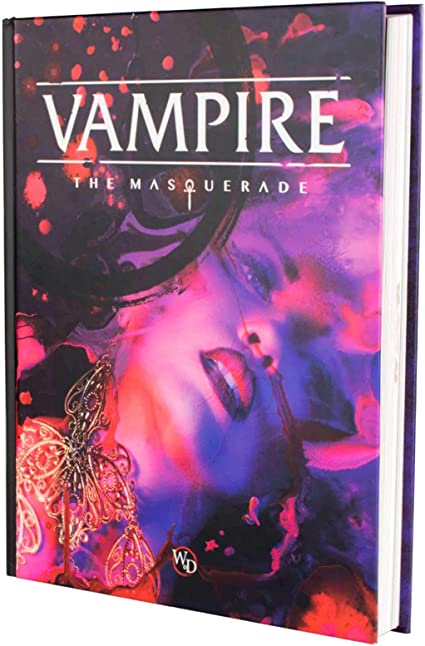
Vampire: The Masquerade
Vampire: The Masquerade is a game of political intrigue and personal horror set in a world of vampires. Players take on the roles of these undead creatures, navigating the complex politics of their clans and the dangers of the mortal world. The game uses a system of dice rolls and attributes to determine success in combat and other challenges, but also places a heavy emphasis on social maneuvering and roleplaying.
Dungeon World
Dungeon World is a TTRPG system that emulates the feel of classic fantasy adventure games like D&D, but with a more narrative focus. The game uses a simplified set of rules and mechanics, with a focus on improvisation and collaboration between the players and GM. The system encourages the players to contribute to world-building and story development, and the GM is encouraged to be flexible and responsive to their ideas.
Mouse Guard
Mouse Guard is a TTRPG based on the graphic novel series of the same name. Players take on the roles of mice who belong to the Mouse Guard, a group of defenders who protect their communities from predators and other dangers. The game uses a simple system of rolls and tests to determine success but also incorporates elements of social interaction and exploration. The game is notable for its focus on character development and morality, with the mice facing tough decisions and ethical dilemmas throughout their adventures.
These are just a few of the many TTRPGs available that offer unique gameplay experiences. Whether you’re looking for post-apocalyptic action, supernatural romance, or heists in a haunted city, there’s a TTRPG out there for you. While D&D may be the most well-known TTRPG, exploring the many other options can lead to exciting and memorable gaming experiences.
We invite you to leave us your opinions and recommendations about TTRPGs, which ones have you played from the list? Which ones do you haven’t and would like to try? Until next time fellow adventurers.
Guillermo

